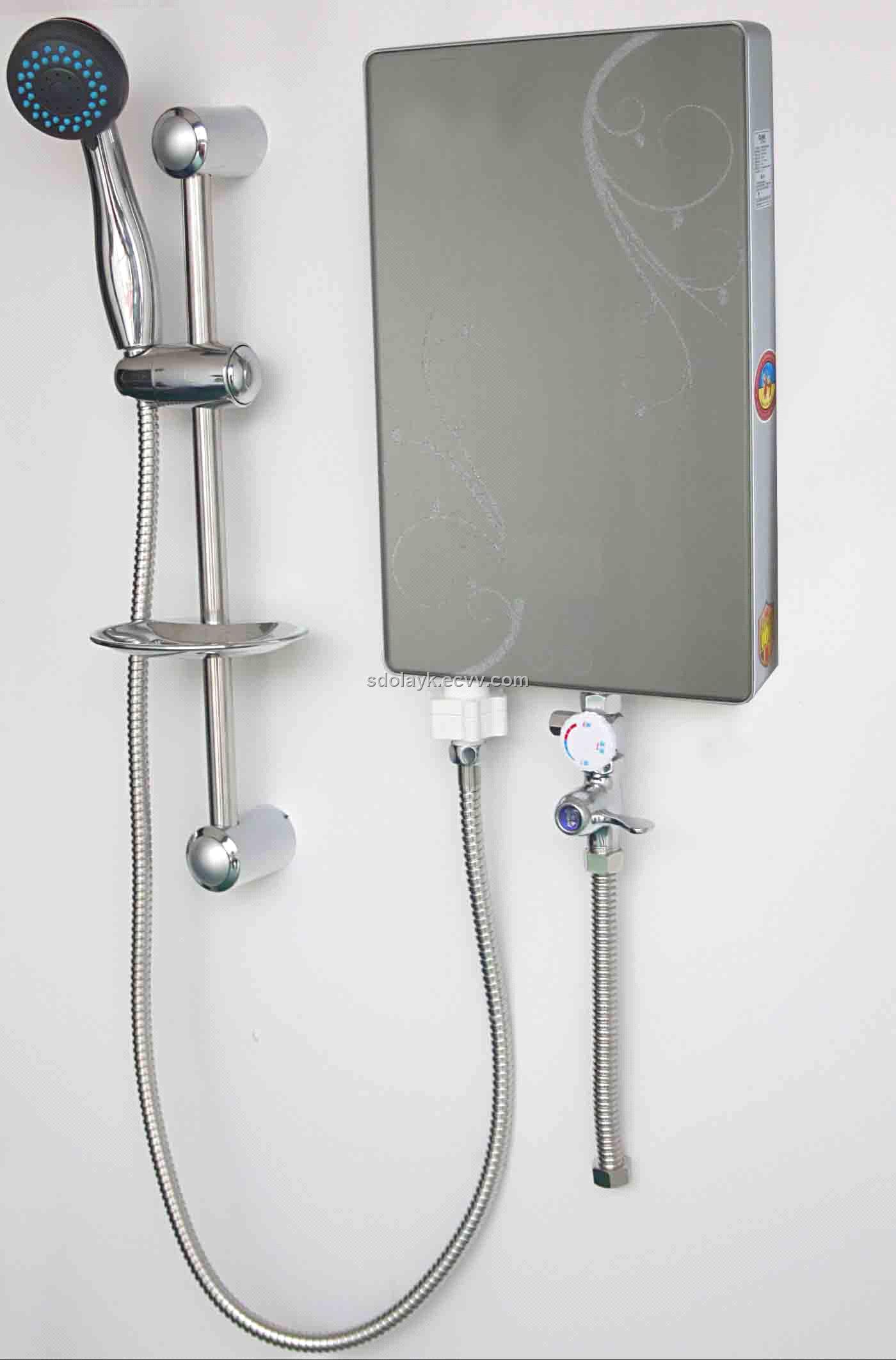"Comparing the Cost of Traditional Water Heaters vs. Tankless Water Heaters" - An Overview

Lowering Energy Bills along with a Tankless Water Heater: An In-Depth Cost Contrast
Tankless water heating units are ending up being significantly well-liked in homes and companies due to their electricity productivity. Unlike standard storing storage tank water heating units, tankless models only heat energy water when it’s needed, removing the requirement for a frequently heated reservoir of water. This leads in substantial cost savings on power costs over time. But merely how much can easily you save? In this article, we’ll take an in-depth look at the price contrast between standard storage space container water heaters and tankless versions to assist you create an informed choice.
Initial Costs
The upfront expense of a tankless water heating unit is generally greater than that of a storing storage tank version. Depending on to HomeAdvisor, the normal expense of a traditional storage space container style is between $500 and $1,000, while a tankless unit can range coming from $1,000 to $3,000 or even more relying on the brand and attribute.
Nevertheless, it’s significant to take into consideration the long-term cost savings when producing your decision. Depending on to Energy.gov, house owners can easily save up to 30% on their power expenses by making use of a tankless design as an alternative of a typical storing device.
Energy Efficiency
As pointed out previously, one of the primary perks of using a tankless water heating unit is its energy efficiency. Traditional storage space tanks maintain sizable amounts of water warmed at all opportunities even when it’s not being used which leads to wasted energy intake.
On the various other hand,tankless designs merely heat up up as a lot water as is required at any kind of given time which makes them more dependable and ecologically helpful. Energy.gov approximate that property owners can easily conserve up to $100 every year on their energy expenses by switching from conventional units to tankless ones.
Setup Price
The setup costs for both types of devices additionally vary significantly. Conventional storage containers call for more area for installment since they need storage tanks with differing sizes relying on usage needs; this suggests you may require extra room to stash the device. Tankless versions, nonetheless, are compact and can easily be put up in much smaller areas.

Furthermore, the setup process for tankless water heating units is more intricate than that of traditional storage tanks. They demand a larger gas collection or an power upgrade which may raise installment price.
Upkeep Price
Routine maintenance price for each styles of units also contrast. Conventional storing tanks need to have to be emptied and rinsed frequently to take out sediment build-up which can lessen its lifespan if not performed properly. This procedure needs employing a qualified plumbing professional which adds to the cost.
Official Info Here don’t require this upkeep since they just warm up as a lot water as required and do not possess a huge storage tank that may build up sediment accumulation. Nevertheless, they may require descaling every few years relying on the water solidity in your place.
Life expectancy
Conventional storage containers typically last between 8-12 years whereas tankless styles can easily last up to 20 years or more if well kept. This indicates that residents will definitely need to substitute their traditional device at least once during their life time compared to simply changing a tankless style once every two decades or more.
Conclusion
While the initial expense of a tankless water heating system is higher than that of a standard storage space container style, long-term savings on energy expenses help make it worth looking at as an assets in your residence or organization. Additionally, its compact measurements and longer life-span make it an appealing choice for home owners appearing to save loan on utility bills while reducing their carbon dioxide impact.
Essentially, whether you select a typical storage storage tank style or change over to a tankless one depends on your finances, consumption requirements and how much you want to conserve on your electricity bills over opportunity.
